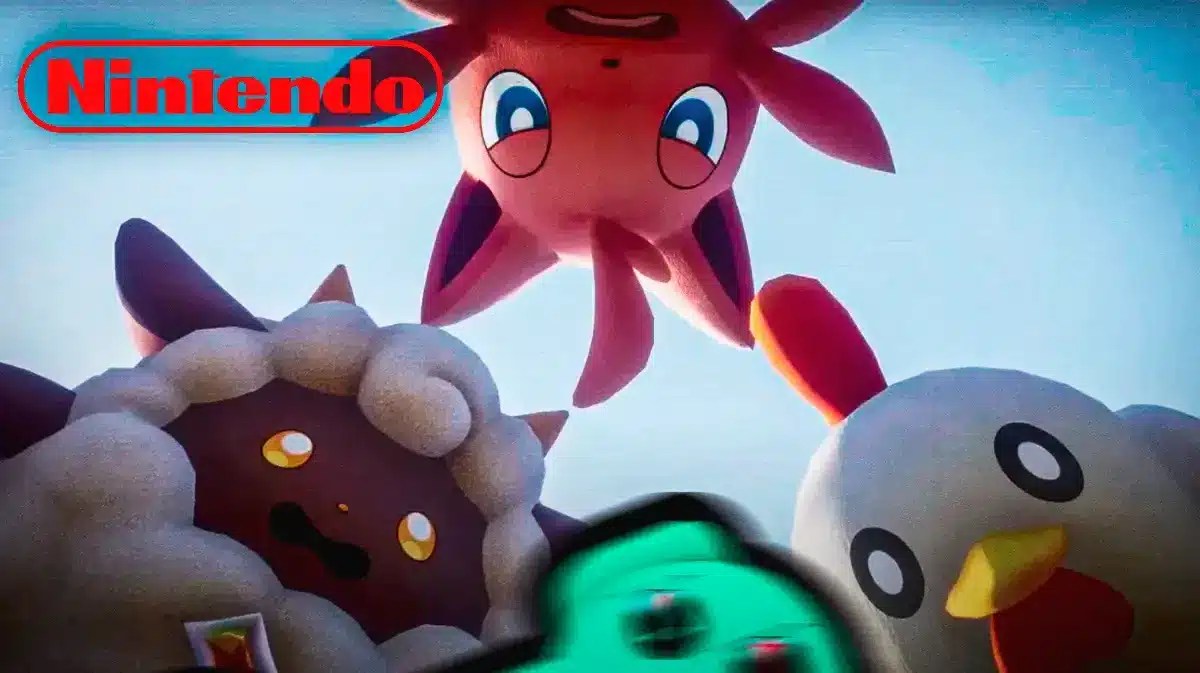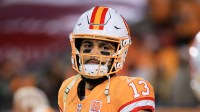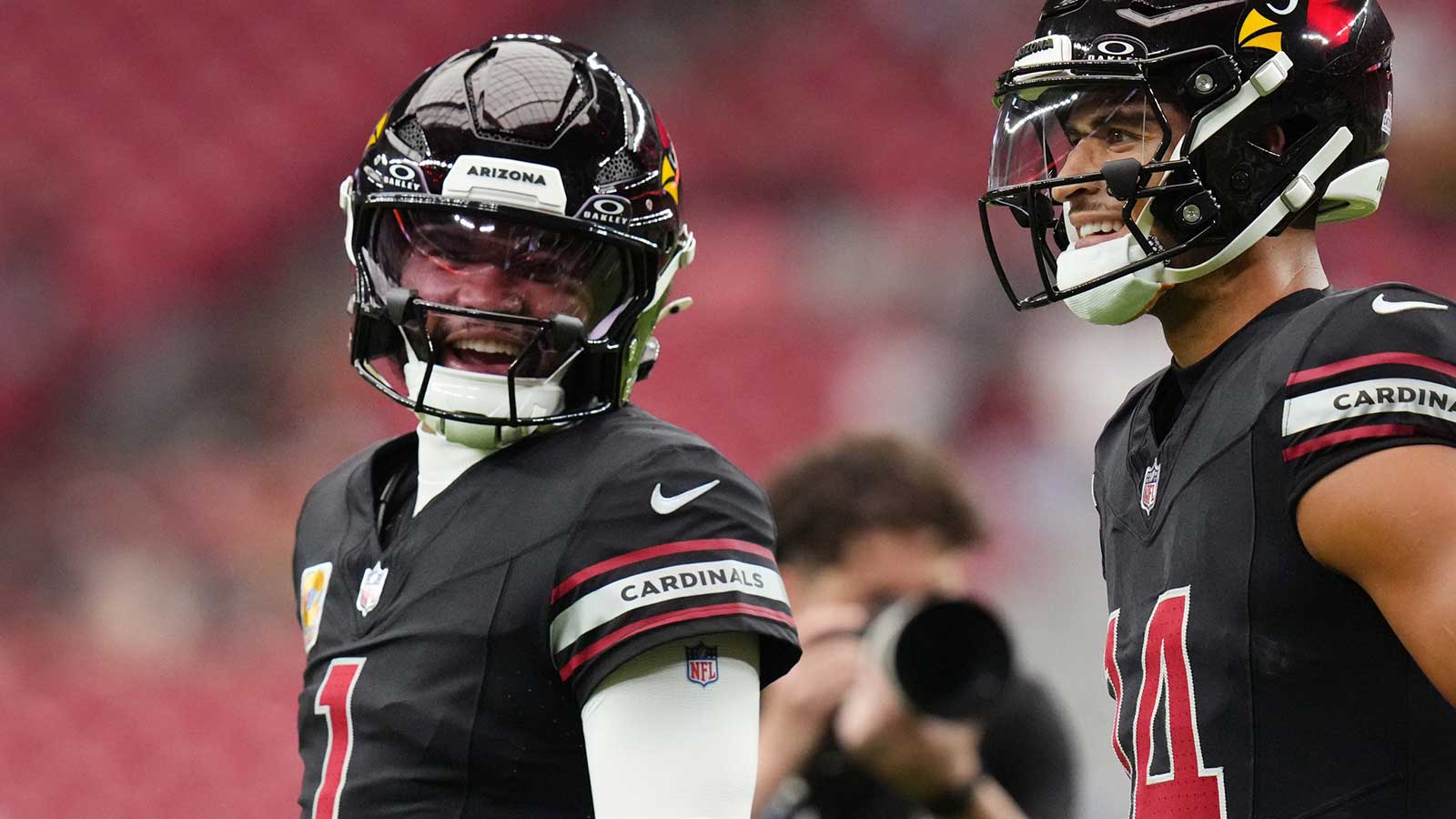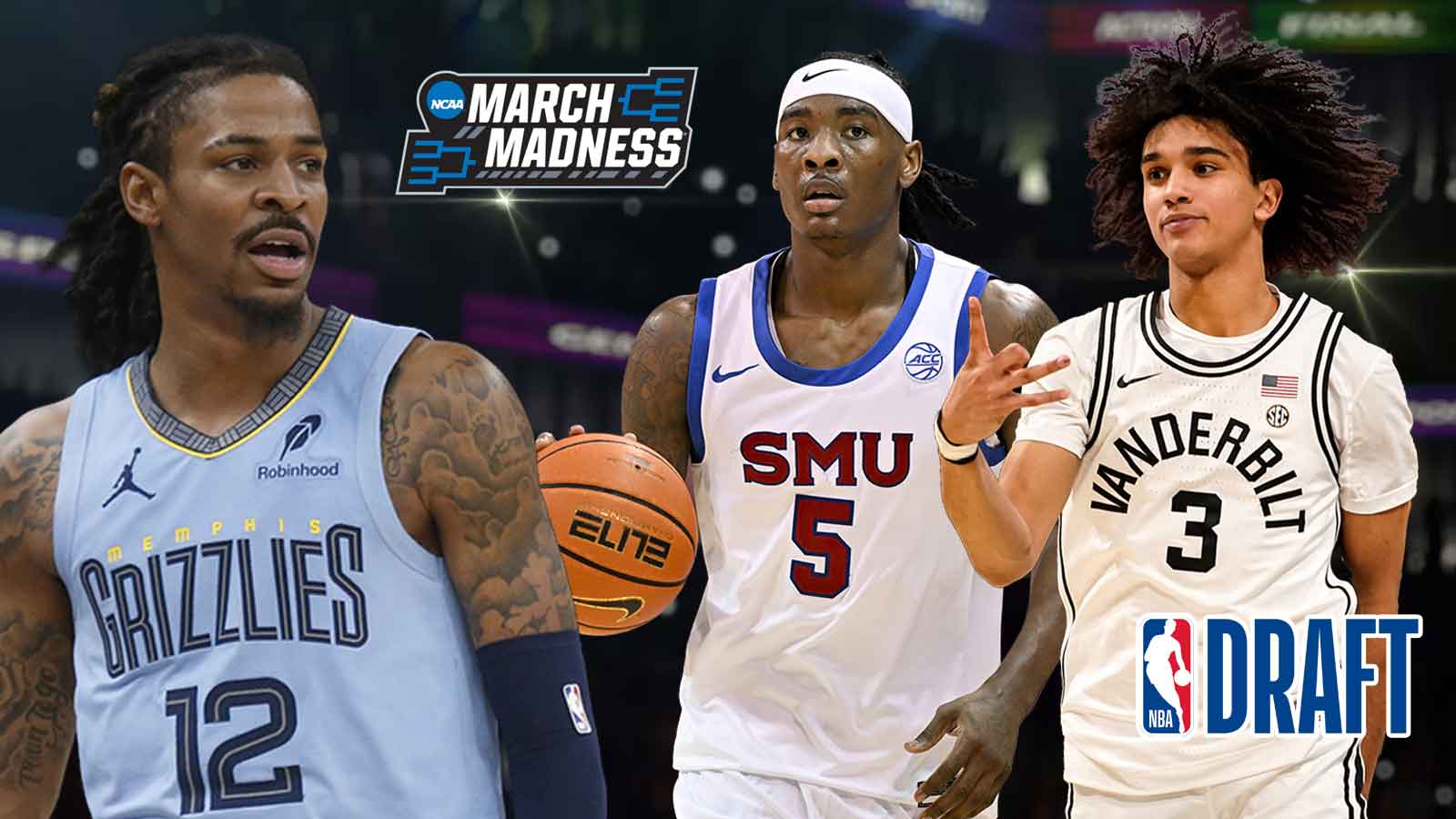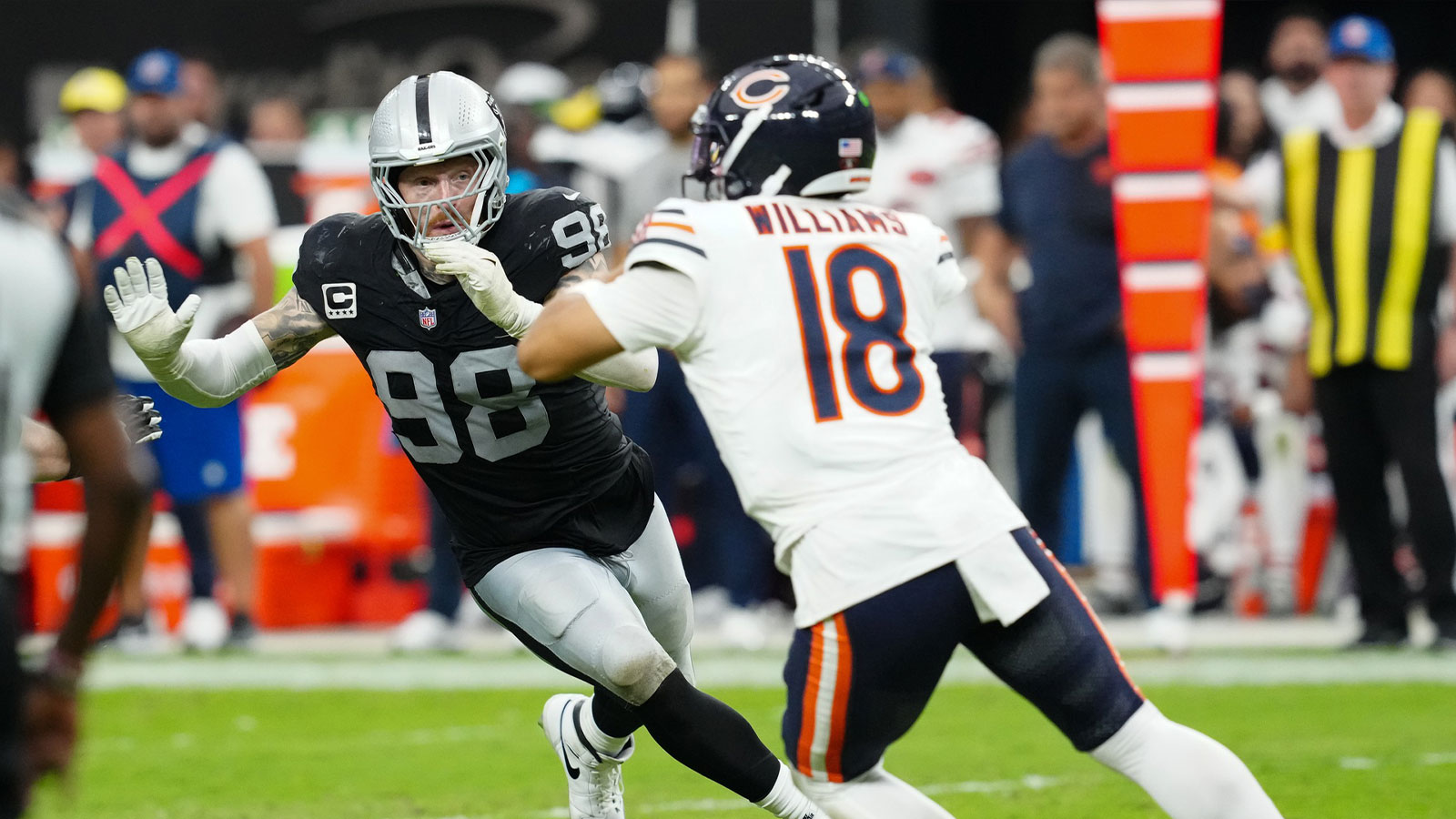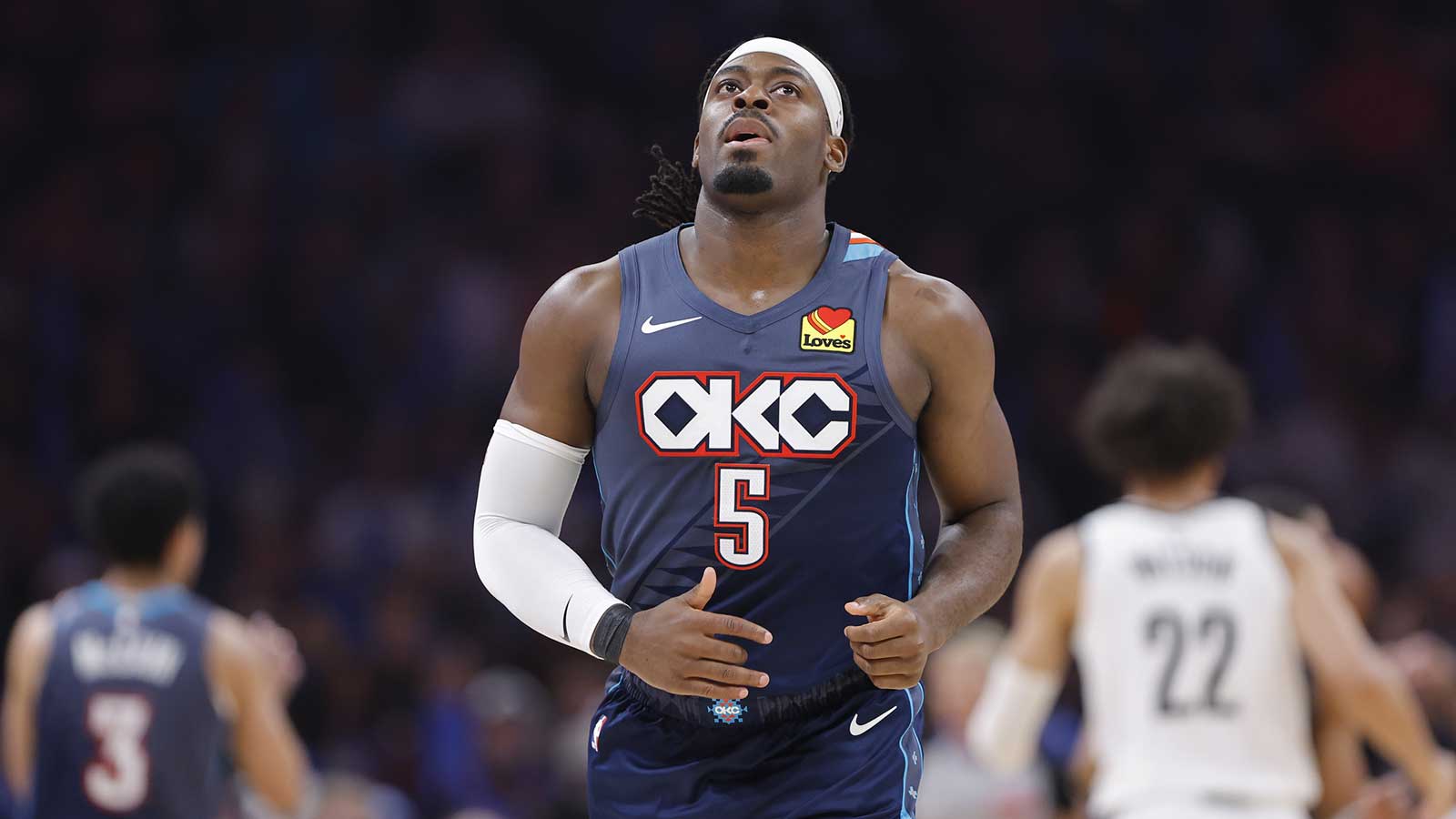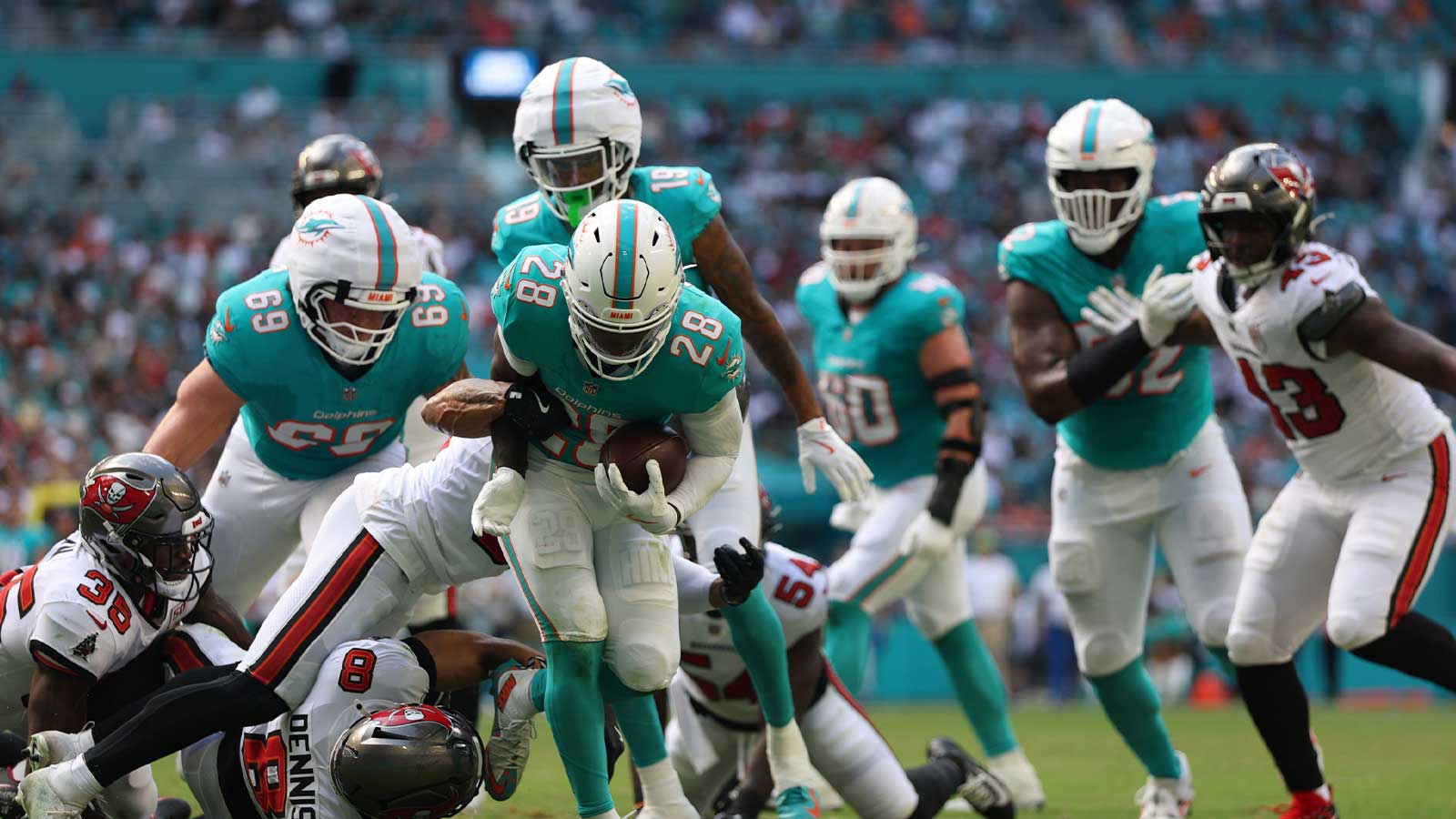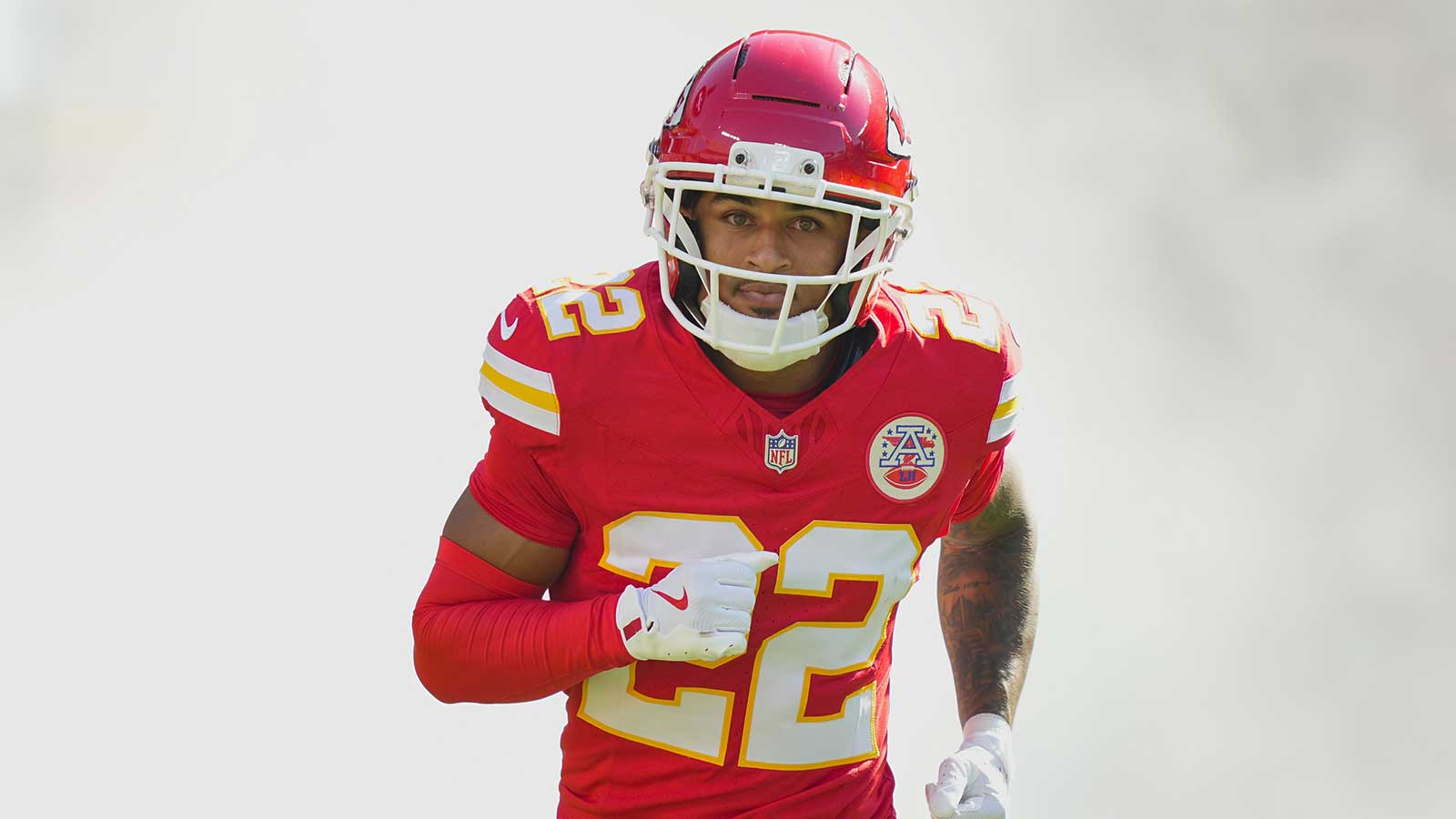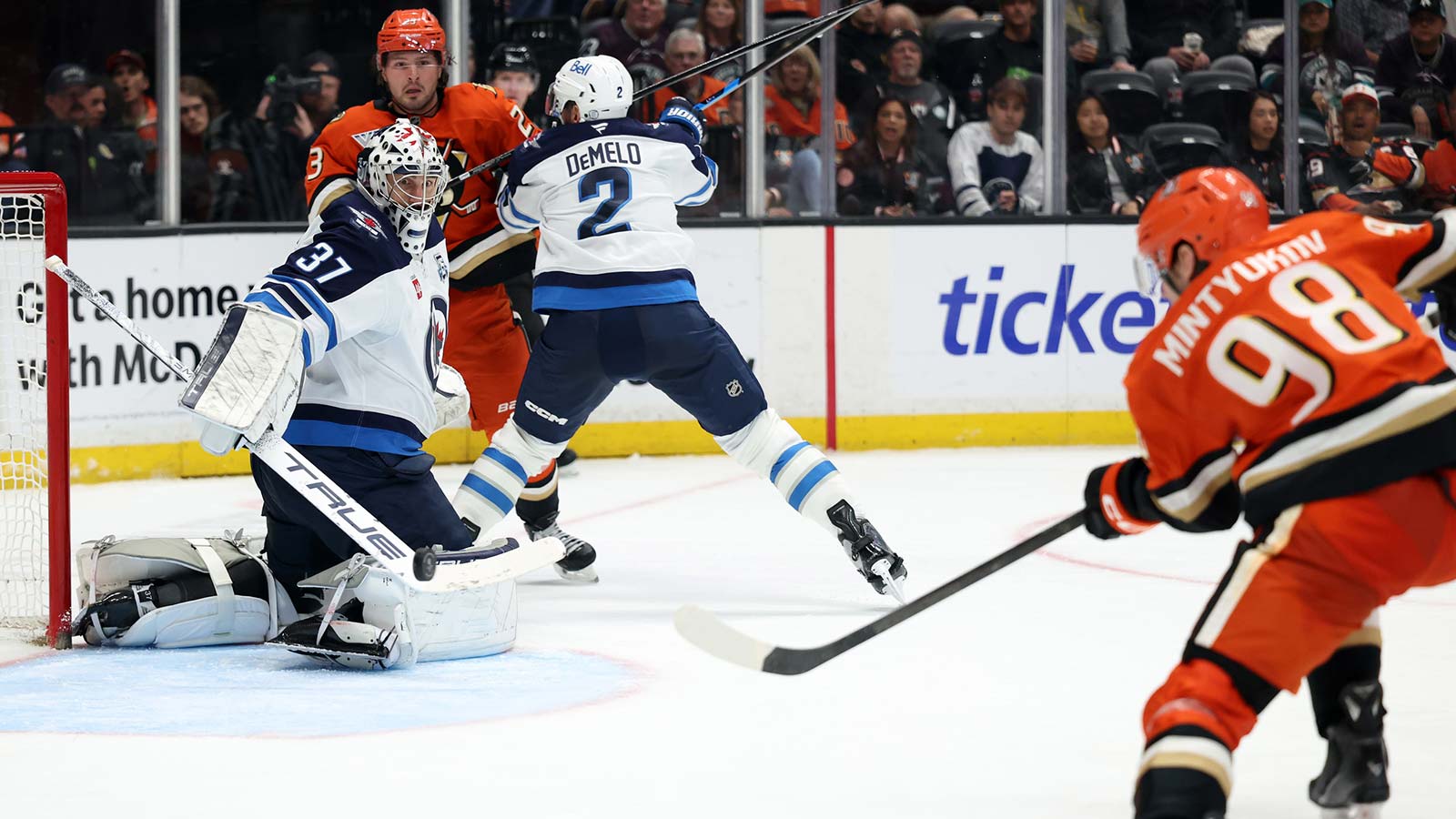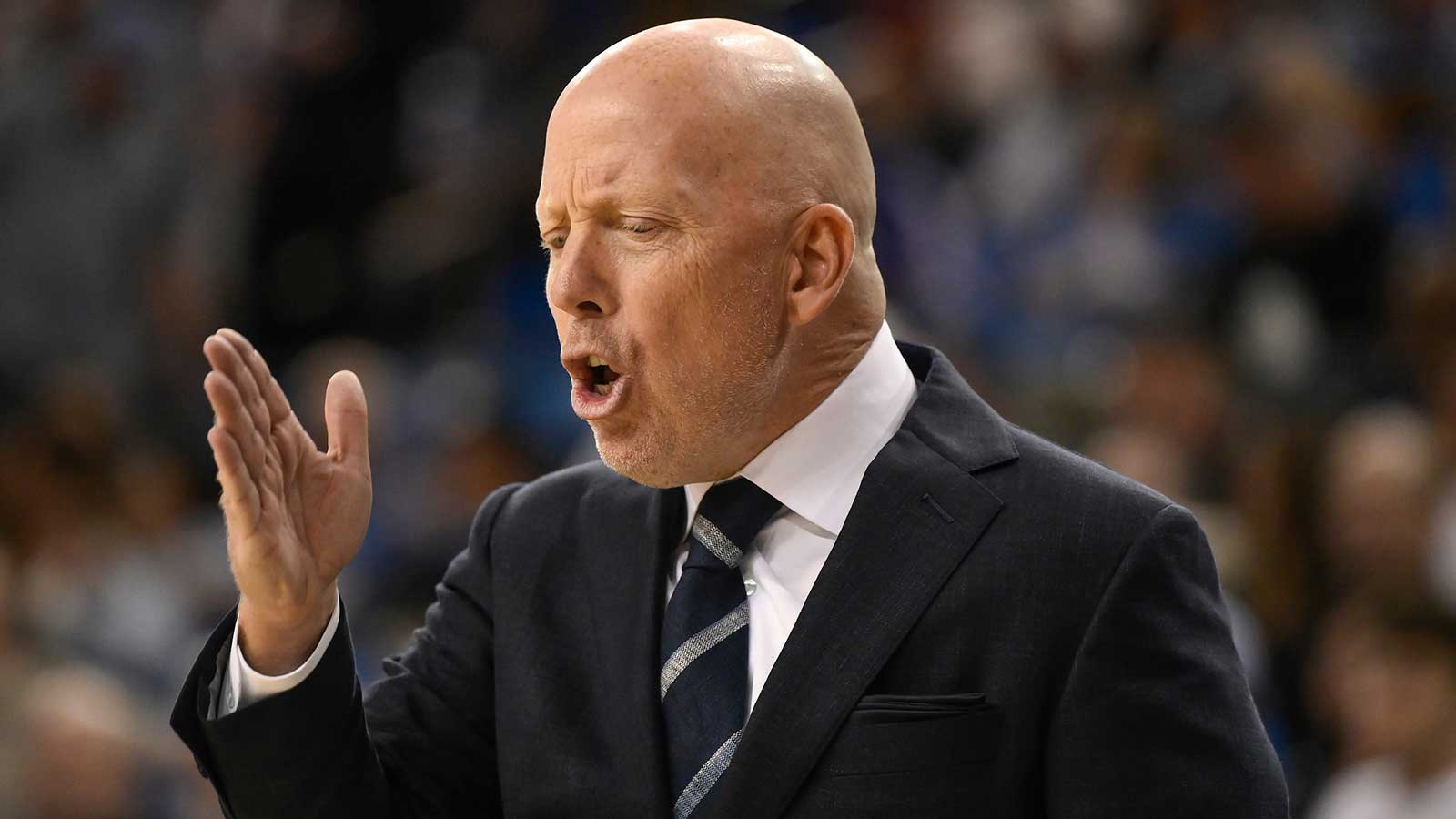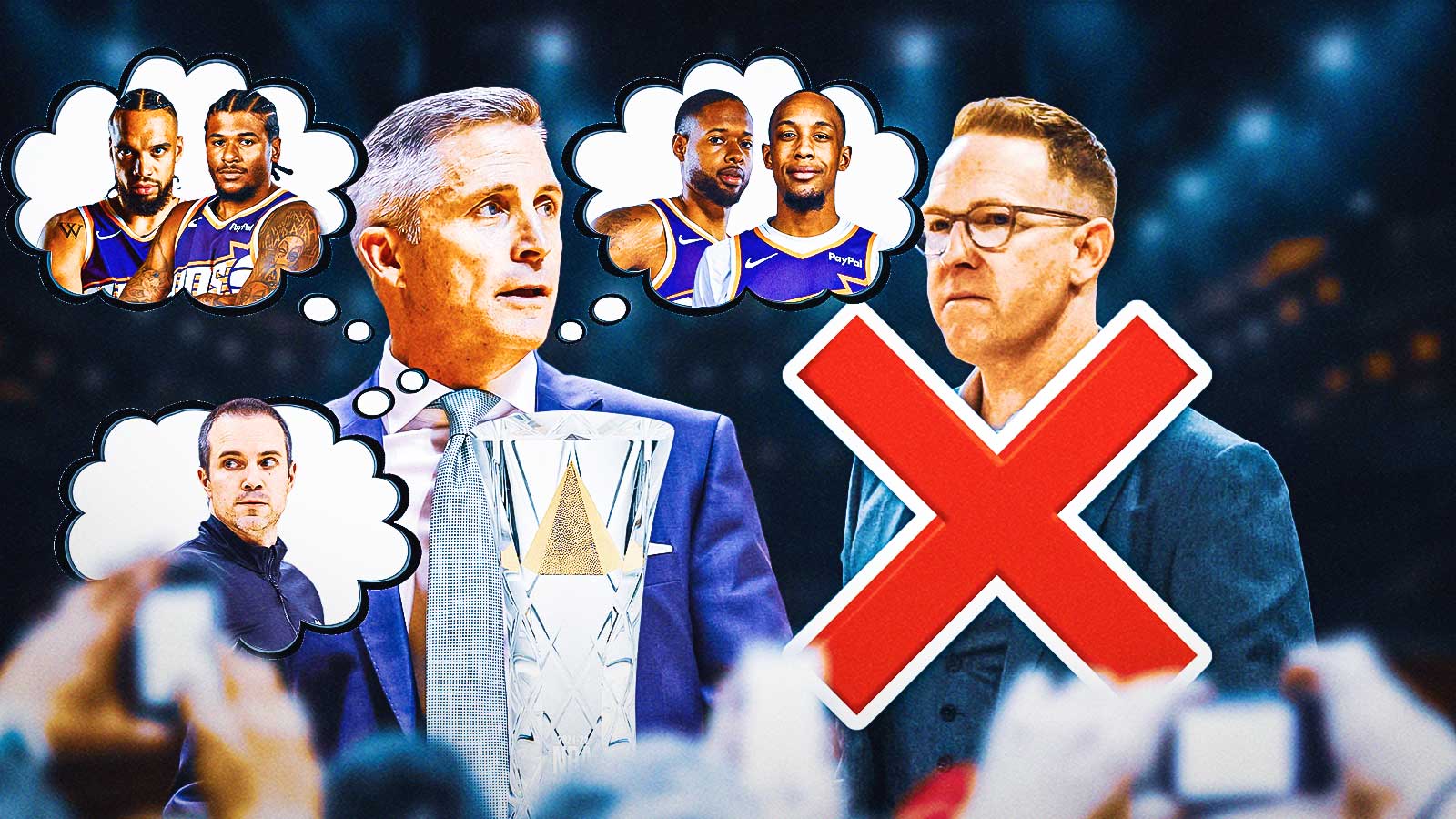In a recent development that has stirred the gaming community, Nintendo President Shuntaro Furukawa has addressed the controversy surrounding Palworld, a new game that has quickly become one of the year's most talked-about releases. Palworld offers players a unique blend of monster-catching and survival gameplay, drawing comparisons to Nintendo's iconic Pokemon series. Amidst a backdrop of heated discussions and even death threats from some Pokemon enthusiasts directed at Palworld's developers, Furukawa's statement clarifies Nintendo's position on protecting its intellectual property rights.
Nintendo's IP Stance Amid Palworld Controversy
During a Q&A session following Nintendo's latest earnings call, Furukawa stated, “We will take appropriate action against those that infringe our intellectual property rights.” This comment comes in the wake of significant controversy, as Palworld has been accused of bearing a resemblance to the Pokemon series, raising questions about potential legal action from Nintendo. Despite these concerns, Nintendo has yet to announce any formal legal measures against Palworld. However, the company has previously shown its readiness to act swiftly in similar situations, as demonstrated by the removal of the first Palworld Pokemon mod.
Nintendo president comments on Palworld controversy https://t.co/sfwj2hD5eO pic.twitter.com/jCgA4EOB5r
— GoNintendoTweet (@GoNintendoTweet) February 7, 2024
The controversy highlights the complex nature of intellectual property rights within the gaming industry, especially when dealing with games that draw inspiration from established franchises. Palworld's developers have found themselves in a precarious position, receiving death threats from some quarters of the Pokemon fanbase, showcasing the intense passion and protectiveness fans feel towards the Pokemon universe.
“Pokemon with guns isn't an entirely unique concept,” Furukawa noted, referencing a previous incident where a Pokemon first-person shooter project was taken down by Nintendo before its completion. Unlike that project, which used actual Pokemon characters, Palworld features its own unique creatures, presenting a more nuanced challenge for Nintendo in terms of direct infringement of its intellectual property.
Legal Tensions And Innovation Clash In Palworld's Rise
The situation is further complicated by comments from The Pokemon Company's former Chief Legal Officer, Don McGowan, who dismissed Palworld as “ripoff nonsense.” McGowan's remarks reflect a history of protective actions taken by The Pokemon Company to safeguard its intellectual property, which has seen numerous instances of unofficial games and projects being shut down.
Palworld's emergence as a major gaming sensation of the year is undeniable. Its innovative mix of gameplay elements has attracted a vast audience, yet it has also sparked a debate on the fine line between inspiration and infringement. The game's success is a testament to the growing appeal of genre-blending titles that offer players new experiences, even as they tread close to the boundaries of established franchises.
Nintendo's stance, as articulated by Furukawa, underscores the company's commitment to protecting its intellectual property rights while navigating the complexities of the modern gaming landscape. The company's decision to take action against infringement is a clear message to developers and the gaming community about the importance of respecting copyright and trademark laws.
Balancing Creativity And IP Rights: The Ongoing Palworld Debate
The controversy surrounding Palworld serves as a reminder of the challenges faced by game developers in creating content that is both original and respectful of existing intellectual properties. It also highlights the passionate engagement of fans with the franchises they love, sometimes manifesting in extreme reactions to perceived threats.
As the situation unfolds, the gaming community will be closely watching how Nintendo and The Pokemon Company respond to Palworld and similar cases in the future. The outcome of this controversy could set important precedents for how intellectual property rights are managed and enforced in the rapidly evolving world of video games.
For now, Furukawa's statement is a definitive stance from Nintendo, signaling its intention to defend its intellectual property vigorously. The broader implications for Palworld and other games that might fall into a similar grey area remain to be seen, but one thing is clear: the debate over intellectual property rights in gaming is far from over, and the resolution of the Palworld controversy will be a significant chapter in that ongoing story.
For more gaming news, visit ClutchPoints Gaming

